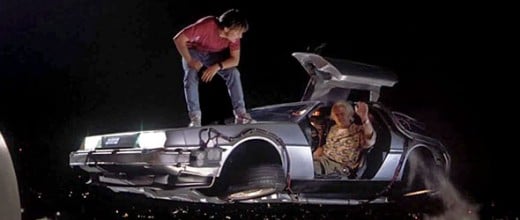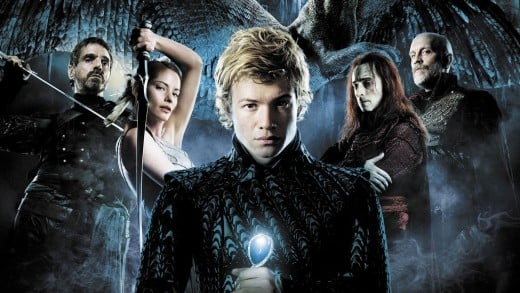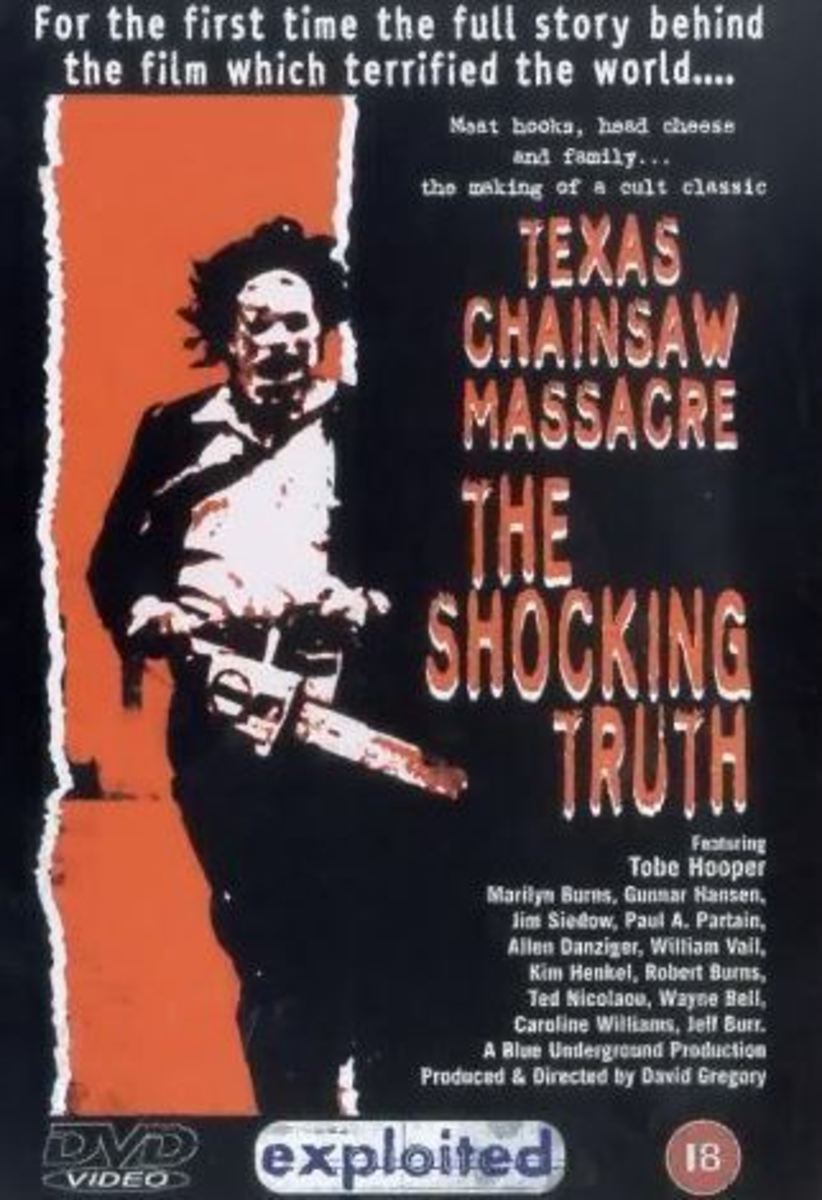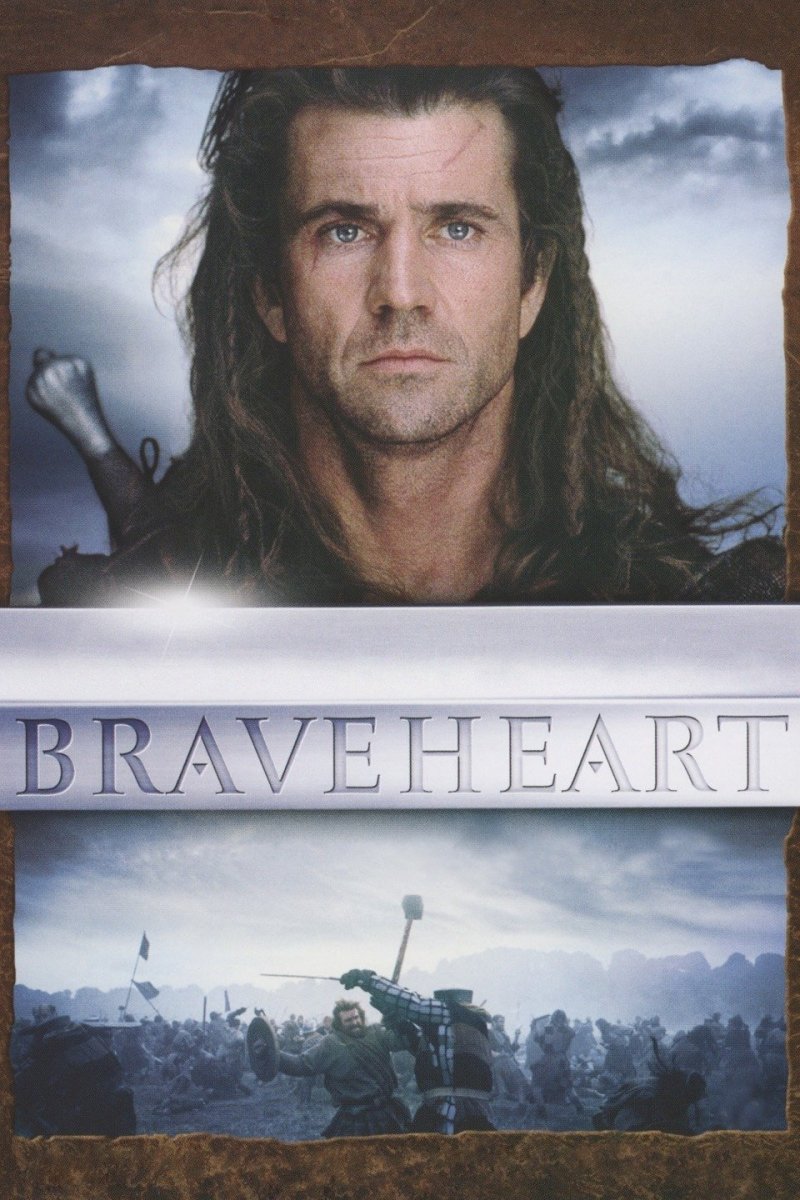Creativity in Movies or the Lack There of

The summer is over and many seem to think it was not one of the greatest in terms of summer movies. They were successful block busters like Captain America: Civil War, and others that were finically successful but critically slammed like Batman vs. Superman and Suicide Squad (which I happened to like). Yet many movies expected to do well or became total bombs. Among the list of unfortunates were Ghost Busters and Independence Day: Resurgence: a remake and a sequel respectively.
The failure of this summer’s movies to become a season of block busters has been pinned to Hollywood’s lack of creativity, relying more and more on remakes of classic eighties flicks, sequels, and comic book movies. While there is some truth in this, I feel as well that Hollywood does not carry all the blame.
Three Fingers Point Back at You
Half the reason for the industry’s trend to take the safe and easy path of making films that everyone knows is our fault. Proof lies in the poor showings of a number of original films attempted over the last few years. Jupiter Ascending, World of Warcraft, The Hateful Eight, Tomorrowland…all these movies were risks and have suffered because we as viewers simply didn’t put the money into them.
Many have said that the reason was that the story and writing were just too awful to watch. While that may be true for some, it certainly is not the case for all. We as a spectator audience have simply been putting more money into the familiar tropes of what we know. As much as movie critics and Youtubers demonize the lack of creative spirit, there’s no denying that people want to see certain kinds of films and invest money in them. These films will payoff and studios can bank on them getting back their own return with some interest.
However, creative movies, the ones that many say that ‘we’ the audience is craving for, are far more risky leap of faith. If you dump $21 million dollars into the making production of a film and make less than $3,000 like the recently released Sea of Trees, no amount of artistic satisfaction is going to make up that loss. Now you could argue the success stories like Zootopia as proof that creativity can turn a profit. However, for all its success and it was a great movie, it was still a animated, family film that more often than not do pretty well in theaters. That it would make descent money was not surprising, the level of success it achieved was surprising.
This reality may depress the more artistic critics and movie makers and I wouldn’t blame them. It begs the question of ‘what the hell happened to creative movies, like the often referred to E.T, Ghostbusters, Indiana Jones, and Fight Club?’ Yea there’s a hell of a lot of nostalgia when people get upset over this, and there is an answer.
Going Back in Time
Part of the reluctance to bank into creative films like the good ole days of the eighties and early nineties, is the timeframe in which we lived then and the one we live in now. It extends outside of knowing money figures and directors’ names and delves into a nation’s psyche. Think that’s a stretch? Consider then…
The reason why the 1980’s are painted with fond nostalgia was because at the time, it was a renaissance of youth. The previous generation was coming out nearly two decades of war, protest, and unfathomable social change that completely altered how we saw ourselves as Americans. They were tired and exhausted. However when the eighties arrived, a new generation, generation x, was coming of age. And they came of age at the same time as new technological advances hit the American populace.
Computers were starting to become common place in people’s homes. Music that was formally heard on radios and cars, but rarely seen was now on the television via the conduit of a new channel called MTV. And the music you could listen to was more portable than it had ever been prior. But the biggest phenomenon of the time was the excess of money that the average American had available to them. Generation X was the first generation to be condemned as materialistic long before Millennials came on the scene with their iphones and instagram selfies.
What this did was create new avenues for the creative process to flow for those who had the mind to use them. In terms of movies, new avenues of story telling were created that had not been there prior, like WarGames, which played to both the advent of gaming and computers, and our fear of nuclear war. There was an overall element of positivity, and arguably naïveté that permeated the generation. Until the advent of AIDS, the generation really had little to no care for what happened in the outside world. E.T. and The Goonies captured this new born spirit of creativity.
By the nineties however, that began to change and the naïveté of the beginning of the decade had become a type of cynicism and new drive for social responsibility. This still allowed for creativity and room for new ideas, but it was starting to narrow down.

Herding the Bird
When you compare what came before with now, it’s an entirely different playing field. The new born, creative phoenix that had risen from the ashes of the hippie and post-hippie generation has itself become caged by several forces. The first being political correctness.
This isn’t a slam against pc but rather an observation. For the most part, a director or studio could make a movie like Blazing Saddles and the most they would have to worry about is audiences not liking it and critics castrating it. Now you couldn’t make a movie like that anymore because if you did, more active ‘social justice warriors’ would get wind of it online and attack it for its lack of sensitivity and not being progressive enough. It would become a running battle before the movie even got out to the theaters.
Sure a movie can be vulgar and even crude. But to say words that are considered socially sensitive and subject to automatic protest, even within context, is hornet’s nest few are willing to touch unless you’re maybe Seth Rogen. A movie is also expected to push the envelope forward for diversity and equality, which on the one hand is fine. Yet on the other, it is very constricting in that it has to do so within a very tight set of parameters and can scare away other different ideas for fear of provoking the hornets. Consider Black Widow from the Avengers films.
The cast clearly projects a air of comfortably with each other that is both authentic, refreshing and helps sell the movies. However when during an interview with actors Jeremy Renner and Chris Evans jokingly refer to Black Widow as a slut, the internet put simply lost it’s shit. There were demands for apologies and the question of equality in Hollywood once again raised its head.
Yet in all the furor, not once was a voice of protest or resentment raised by Scarlett Johansson, who portrays the character.
Blazing Saddles is considered one of Me Brook's funniest and classic movies, but is also ntotiues for using racial slurs and stereotypes against all races equal
Drowning in the New
Another factor is how over saturated we have become as an audience to formally new ideas. The concept of an archeologist professor who moonlights as an adventurer fighting bad guys is old hat now. We already know that story. And the story about two people who meet under strange circumstances, fall in love, fight and make up. And the story about the one gifted savior out of the many who is destined to save us all from some evil…and so on.
Blue screen has been replaced by green screen, and we have all seen them before. Bullet time was cool back in the 2000's, but now we just sneer at the technique when we continue to see the same sequence repeated.
During the eighties these were all novel ideas that were profound and made us think. Now we’ve become so use to it that we barely sneeze at it. Just look at Allegiant, the third in a trilogy of young adult movies that focuses on a gifted heroine savior. The series was already attacked for being both a copy of the Hunger Games and other similar young adult franchises. So when the latest movie failed to produce what the studio wanted, no one was surprised.
We expect franchises now from any good movie that makes it and have faith in the studio’s greed for more of the same. Even successful franchises like the Marvel movies and the reinvigorated Starwars is judged by this light. And celebrated director, Peter Jackson was accused similarly for his Hobbit prequel trilogy, despite being known for trying to be incredibly faithful to the J.R.R Tolkien’s books.


The Man
Finally, there is the aspect of the corporatizing of institutions, in this case, movie studios. Americans and especially Millennials have a dim expectation of the pillars of business, government, and religion, to function out of good will for the people. We expect corruption, expect greed, and until lately, have largely given up on any hope that they will ever change.
As I stated earlier, franchise is now a cultural byword. When Marvel/Disney took off with the MCU, other studios became desperate to repeat their success. Ironically, when the studios started the MCU, it was in fact original. Sequels were nothing new, but no one had ever tried putting a comic book onto the movie screen, which is what the movies are: different characters in the same universe interacting with each other and doing their own thing across a period of time, like in the comics.
Fortunately for Marvel/Disney, good writers and actor chemistry has kept the franchise going despite numerous calls that the swan song of the superhero cinema was near. Other would-be franchises have not been so lucky. Young adult movies are another victim of franchise cynicism. The Harry Potter series was considered phenomenal during its run as a franchise and it was attempted to be again with Hunger Games. Initially, the movie series was original in that it took a young adult book series into film, but was different enough from Harry Potter that it stood on its own. When a third attempt was made with Divergent series, it did not repeat this move and thus was automatically in the shadow of its predecessor.
A franchise can become successful if it proves that it is not too connected with tropes from other similar premises. However, if it falls to close to the tree, our cynicism kicks in and we ,the audience sit there and think, ‘yea been there, seen that, bye’.
Waiting for Sunrise
While I do wish studios were more creative like other people, I can’t automatically condemn them for taking the easy path when I don’t know how much the loss of millions is going to affect my business. It seems now that if a film maker wants to be creative, they have three options: do indie films, go to Netflix, or in true early eighties creativity, set up your own studio and stop waiting for the old guard to change (Lucas, Spielberg, and Coppola started out this way).
Either way, time will tell if we start seeing movies that are both creative and successful. It maybe that it isn’t just a matter of executives and us making the decisions, but the course of history as it sets the stage for all of us to act on. Or maybe I’m wrong and a studio or two will make a truly daring move and start a new renaissance of creativity. Whose to say….





